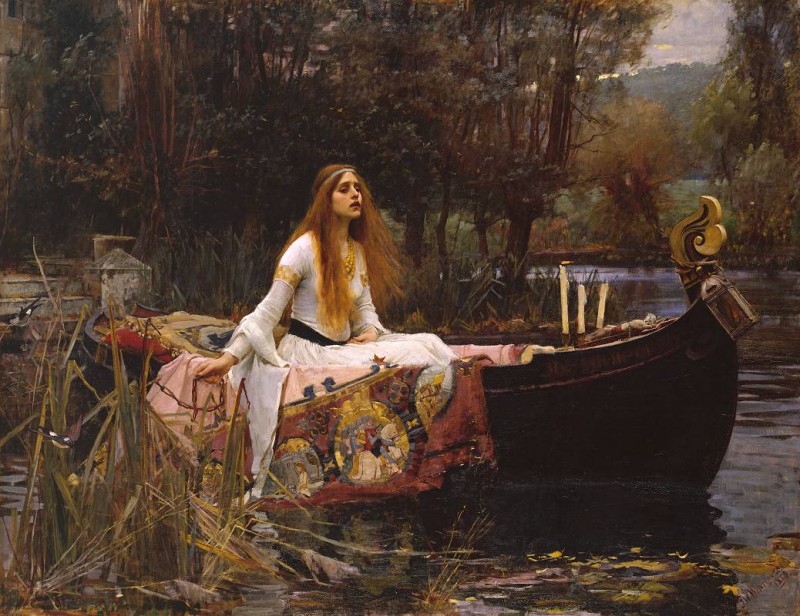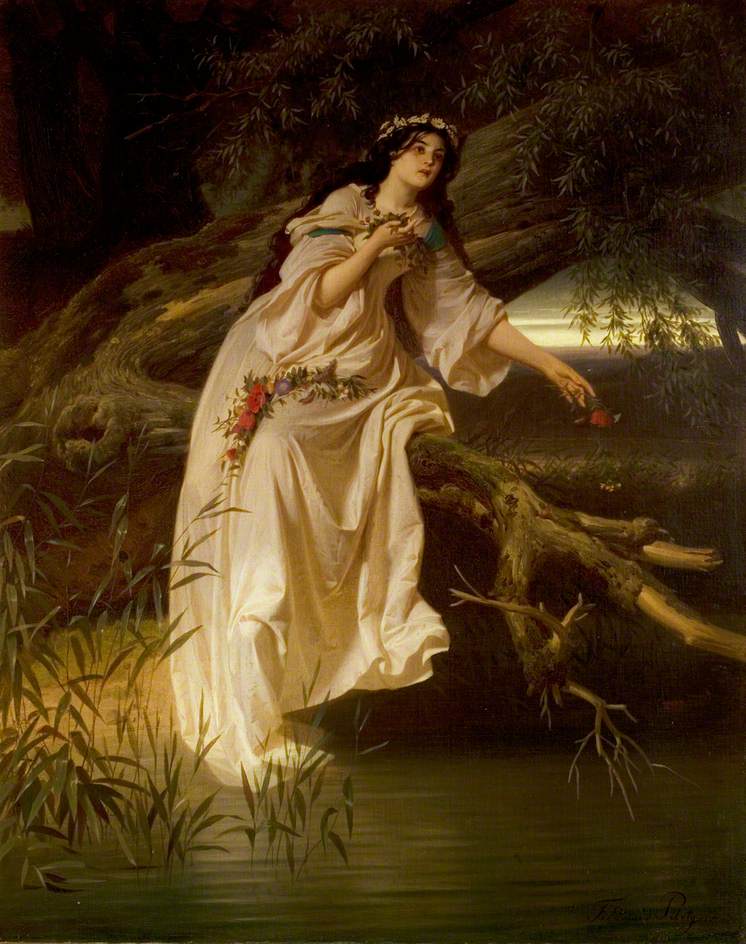A retelling of the Hamlet story from the point of view of Ophelia, the lassie who’s all set to marry the Prince of Denmark until he decides that avenging his murdered father is more important than love and basically dumps her, which drives her mad and….well, you probably know the rest but I won’t say what happens in this new version because the filmmakers have filled out Ophelia’s role in a way that Shakespeare himself might have done had he been writing in the 21st century and been conscious of the need to give his female characters agency, as they must these days.
And let’s face it, he did leave a lot of room for later creatives to tinker with her backstory and expand the plot to explain, for instance, how she got into the Danish court in the first place and what that meant for the status of her father Polonius and her brother Laertes.
It’s based on a novel written by a woman, and the director is a woman, but there’s not too much contemporary PC box-ticking, except perhaps in the casting of Horatio as a dark-skinned man. There should have been some explanation of how such an apparent outsider came to be a royal insider in a northern European royal court in the late Middle Ages.
But Ophelia generally stays true to Shakespeare’s main theme: the murder of Hamlet’s father and his mother’s remarriage to the dead King’s brother Claudius, played with suitable menacing arrogance by Clive Owen. And while we don’t get ‘to be or not to be’ – this is Ophelia’s story, not Hamlet’s – we do get new takes on ‘get thee to a nunnery’ and ‘to thine own self be true’, and they both work surprisingly well. And we get also get the play wherein, according to Hamlet, ‘we’ll catch the conscience of the King’. That scene is marvellously done.
This is one of the movie’s strengths: the language is updated so as not to sound unreachably archaic, while remaining recognisably Shakespearean and not losing too much of the poetic and rhetorical power of the original. And I didn’t detect a single glaring verbal anachronism.

Daisy Ridley as Ophelia looks like the ethereal chestnut-haired maiden familiar from pre-Raphaelite paintings, but she sounds every bit the modern grrl with plenty of don’t-mess-with-me attitude.
Naomi Watts is good as Queen Gertrude, and another of Ophelia’s strengths is that it tries to answer a question much mulled over by Shakespearean scholars: why WAS she in such a hurry to remarry after her husband’s murder, and did she know that Claudius dunnit? Was she even complicit?
I went to see Ophelia on day one of its release here, and I was the only person in the cinema! It’s not perfect but it deserves a better audience than just me.

